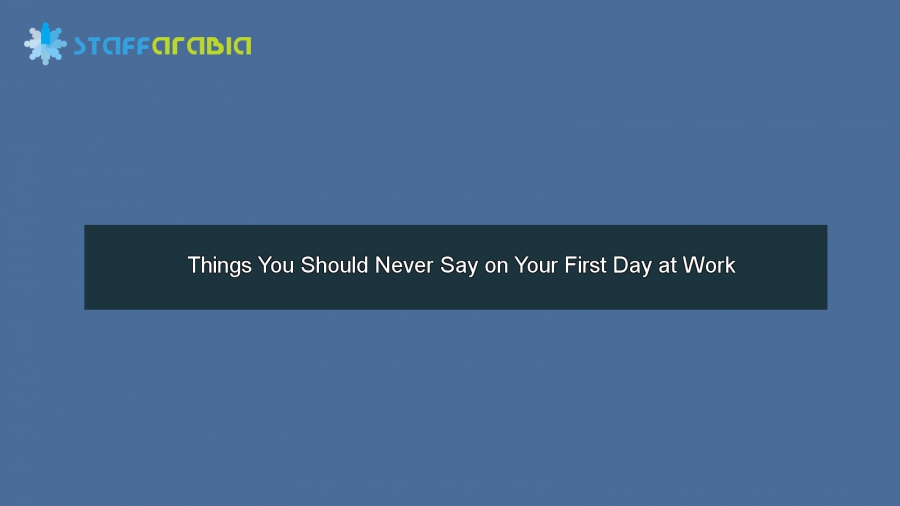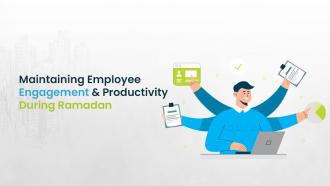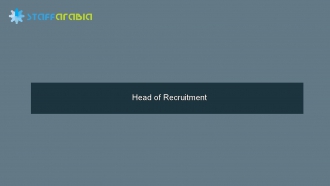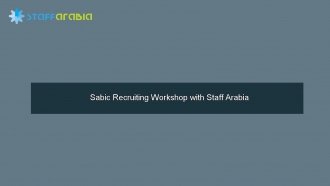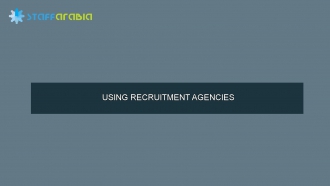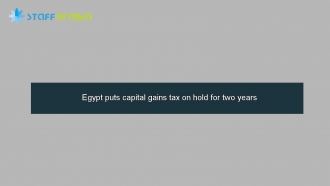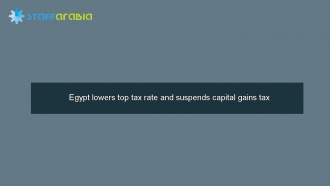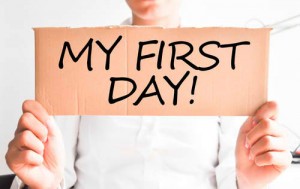
1. “In my last job…”
No one likes a know-it-all.
Rosalinda Oropeza Randall, etiquette and civility expert and author of “Don’t Burp in the Boardroom,” suggests walking into the new job with energy, but she also recommends a splash of humility. “Not the timid, reserved definition, but with an attitude of learning—not knowing-it-all.”
2. “OMG, I LOVE that!”
You’re already hired—there’s no need to try too hard to get people to like you.
While it’s nice to know that people think you’re personable or that you really “get” the company, Lynn Taylor, a national workplace expert and author of “Tame Your Terrible Office Tyrant: How to Manage Childish Boss Behavior and Thrive in Your Job,” says this is a waste of energy—you’ll impress naturally by just being yourself.
3. ‘When do I get a raise?’
“How about getting through the ninety-day probationary period first,” Randall suggests.
4. “BTW, I have to leave early on Fridays.”
“If you hadn’t talked about that prior to joining, landing in the new job and suddenly dropping these kinds of bombs on them really shows a lack of communication and respect on your part,” O’Donnell says.
“They’re expecting you to just come in and be there and be present, be eager, be ready and willing to learn.”
5. “Hang on… I’m just finishing up this HR paperwork.”
On your first day, you’ll likely be pulled in a thousand directions, Taylor says. But it’s important you make yourself accessible to your new boss first and foremost, despite all the administrative distractions.
“This is an important first impression you don’t want to discount,” she says. “Companies are not always as organized as they’d like when onboarding staff. You can easily get caught up with an HR professional, various managers, or coworkers—or with a special assignment that keeps you from being available to the person who matters most.”
6. “Who should I meet and who should I avoid around here?”
A question like this is basically asking coworkers to gossip—that’s a career killer, Randall says. And one person’s beef with another coworker is their business only and could have developed over matters you have no idea about.
“Take time to meet and engage in small talk with each person in your department,” Randall suggests. “Judge for yourself.”
7. “That’s not how I learned how to do it.”
Keep the conversation positive, O’Donnell advises. Employers don’t want to hear what you can’t do—they want to hear that you are open-minded and ready to learn to do it their way.
“That can sometimes slip out because people want to be able to show their expertise and they think, ‘That’s why I got hired,'” O’Donnell explains. “But if you don’t frame it properly, it can really sound negative and critical of the organization that’s just hired you.”
8. “What’s the holiday party like? Do we get bonuses or a ham or something?”
“You are the ham,” Randall says. “Why don’t you just wait and see when holiday time rolls around. By the way, what will you do if you go home empty-handed?”
9. “What d’ya have to do around here to get an upgrade on this company phone?”
If your company phone isn’t the newest or shiniest, chances are your coworkers’ aren’t either. Asking for an upgrade will undoubtedly alienate some people who will question if you think you deserve it more.
“Learn to deal with what you are given. If the company is technology deficient, has older desks, chairs, or office décor, don’t allow or use it to determine how you get the job done,” Randall says.
10. “That makes no sense.”
You may come across a way of doing things in your new company that you don’t understand or agree with, but framing it this way makes you seem like a Negative Nancy or—even worse—just plain dumb.
“Get some feedback before you make this automatic assumption,” O’Donnell suggests. Instead of saying the policy doesn’t make sense to you, ask why the company does it this way, the history behind it, and try to understand the policy from the organization’s point of view.
11. “My prior boss was clueless.”
Maybe your previous boss was an idiot. But negative complaints and comparisons are rarely welcomed, Kerrigan points out, and these kinds of statements can be harmful to your professional brand and how you’re perceived. You’re the one that’s coming off as clueless.
“Your brand is your trademark, and it’s built by consistency—good and bad,” she says. “Once established as bad, it’s hard to change perception. You need to build and maintain a positive brand—to be memorable for the good.”
12. “I’m so beat.”
It’s important to project high energy, Taylor says, especially in your early days on the job when your attitude and work ethic are most visible and under the microscope.
13. “No, thanks. I brought my lunch today.”
Turning down an opportunity to get lunch and bond with new coworkers or a boss seems standoffish, even if you did pack your lunch that day.
14. “I’d like to invite you all to my church this Sunday.”
Unless it has something to do with your job, you might consider bringing the “never discuss politics or religion at the dinner table” rule to your desk as well.
“These discussion aren’t generally well received in a work environment,” Randall says. “You may find coworkers shying away from you as Fridays approach.”
15. “In my opinion…”
As a general rule of thumb, make “Ask, don’t tell,” your personal mantra for the day, O’Donnell suggests.
Unless asked, it’s better to keep your opinion to yourself and see what your employers have to say about things first.
16. “What’s the employee discount like?!”
Defer these kinds of questions to the policies and procedures manual, Randall says.
“Inquiring and asking for perks is so ‘me, me me’—an unfavorable trait.”
17. “Hey, working hard or hardly working?!”
First of all, lame.
Second of all, while you may see other coworkers ribbing each other and think it’s fine to join in—don’t.
“They earned that level of casualness with each other… you are not there yet,” O’Donnell says.
“In the beginning, even though it may feel a little buttoned-up for you, you’ve got to be respectful, you’ve got to be polite, you’ve got to prove to people that you’re there to do a great job.”
